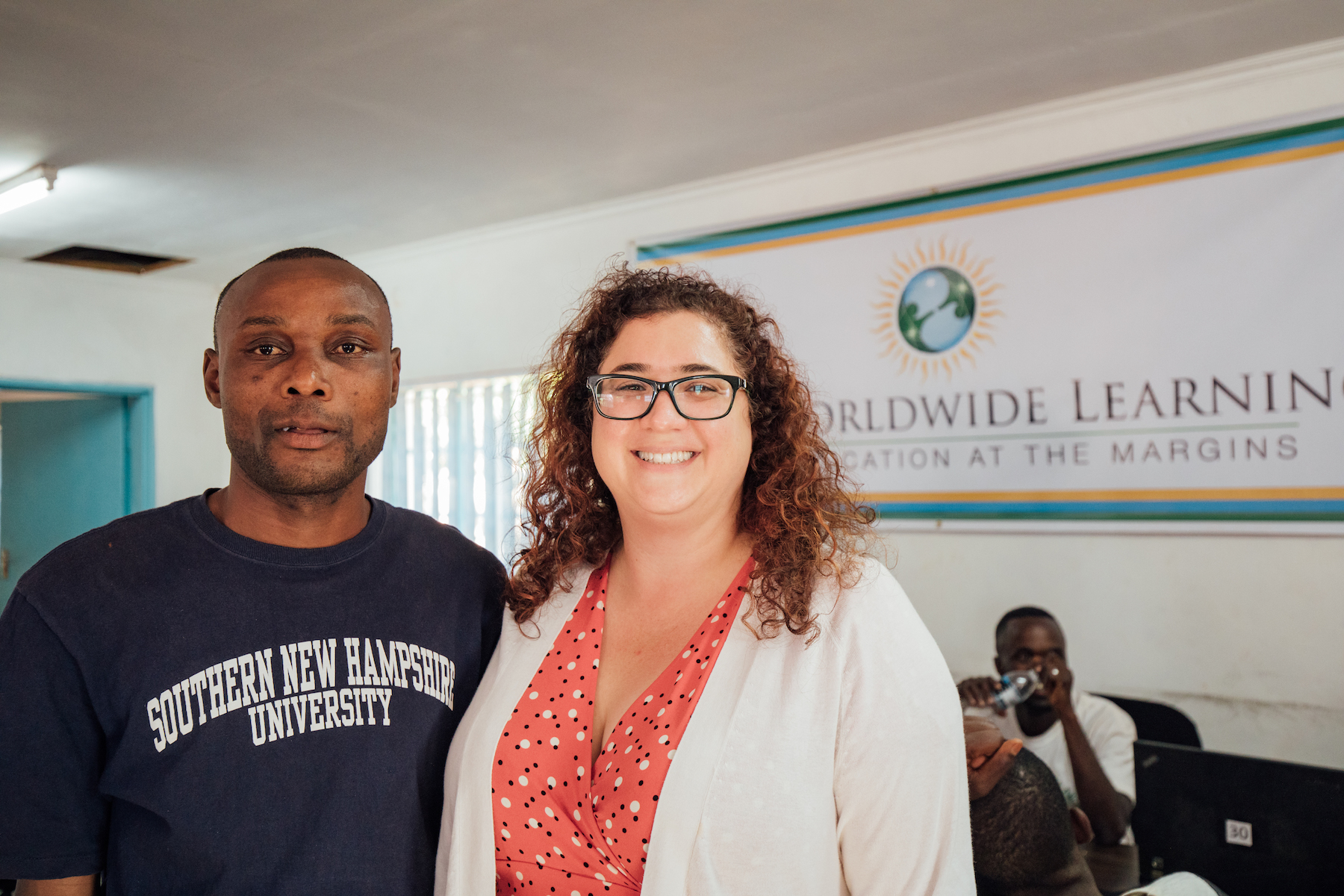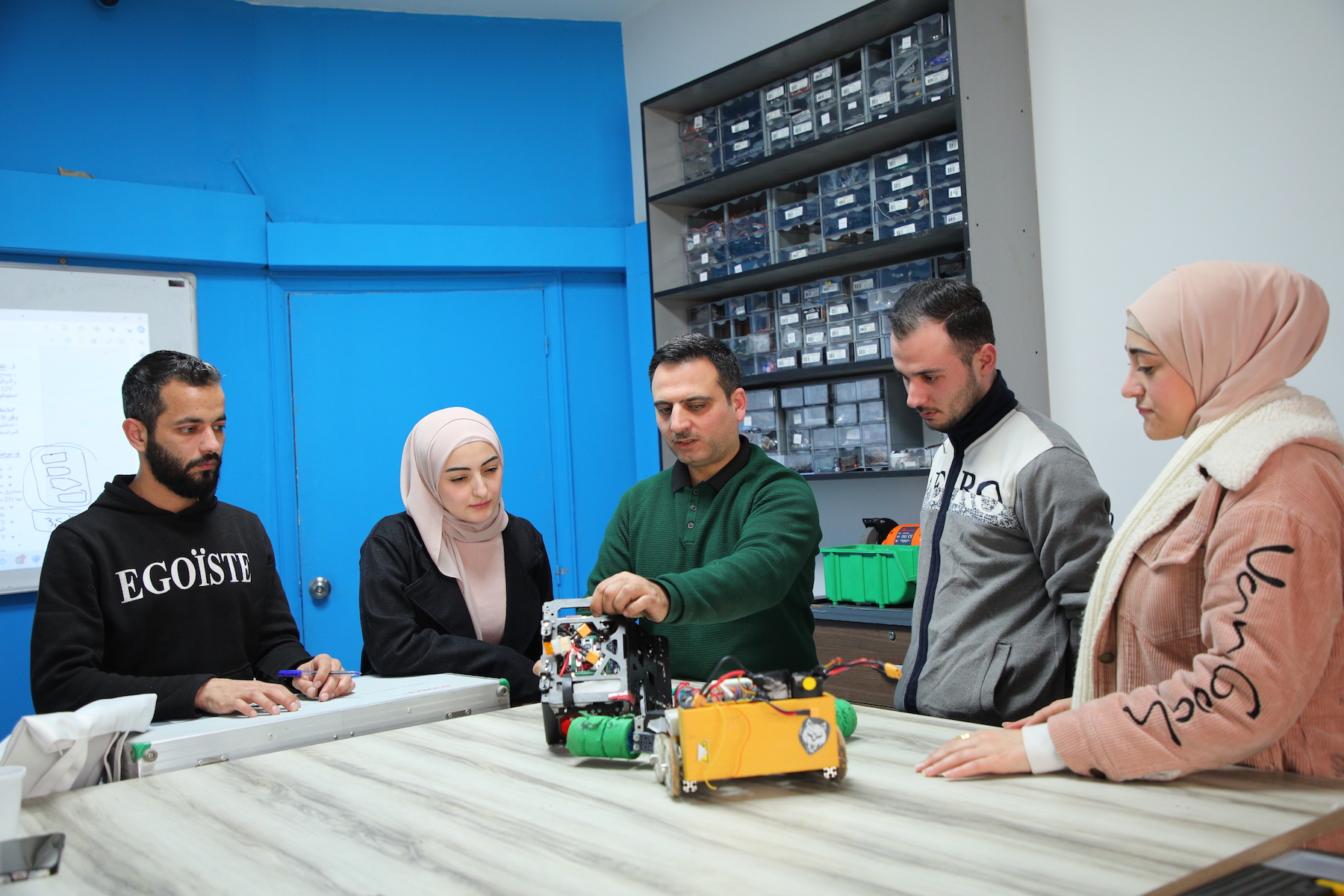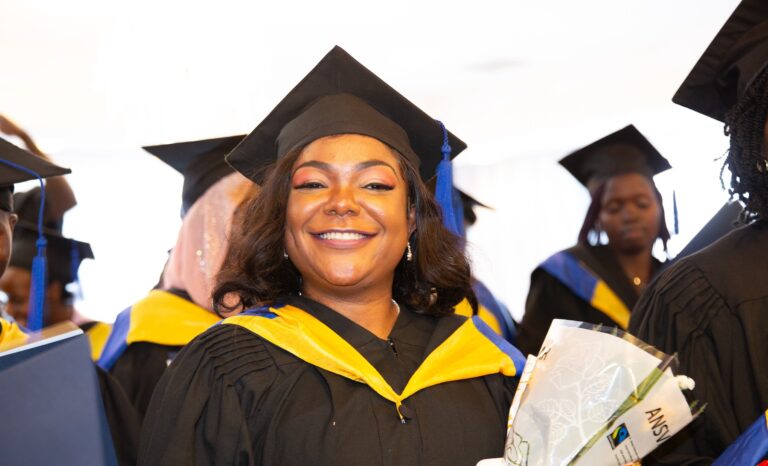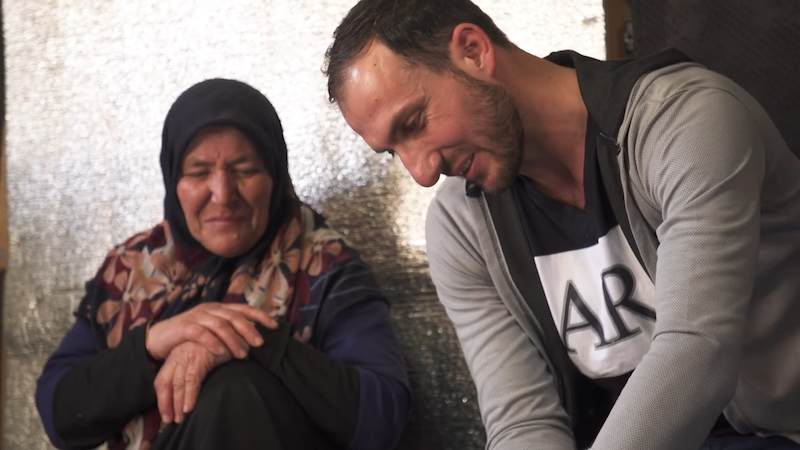SNHU Vice President and Global Education Movement Executive Director, Rachael Sears, reflects on her recent participation at the Times Higher Education and Connected Learning in Crisis Consortium conferences.
This month, I was honored to participate in two global higher education conferences: The Times Higher Education’s (THE) Global Sustainable Development Congress, hosted by the University of Glasgow, and the Connected Learning in Crisis Consortium (CLCC) Working Group, hosted by UNHCR. These were great opportunities to connect with friends, colleagues, partners and students in person, and share many of the learnings gained from five years of serving refugee learners at Southern New Hampshire’s Global Education Movement (SNHU GEM). I came away from these conversations encouraged by the interest in refugee education and the commitment from partners to our shared mission.
New migration movements and increasing lengths of displacement are emphasizing the global need for more equitable and sustainable societies that include refugees as a central part of the solution. Critically, this includes ensuring refugees have access to education. Time and again, SNHU GEM students have demonstrated that through education, they are empowered to transform their own lives and go on to uplift their communities and contribute to their host countries.
At THE’s Global Sustainable Development Congress, I urged higher education institutions everywhere to invest in refugee education, and explained how SNHU GEM is a model for what’s possible. We know that it’s possible to deliver high-quality tertiary education in the refugee context – especially when students are thought partners and empowered with wraparound services targeted to their needs. In 2017, SNHU GEM was the first large-scale online learning program providing high-quality, U.S.-accredited degrees and pathways to employment for refugees. Today, we’ve served more than 2,000 students, our bachelor’s program has a 70% four-year graduation rate, and 85% of graduates report finding meaningful employment within six months of graduation.
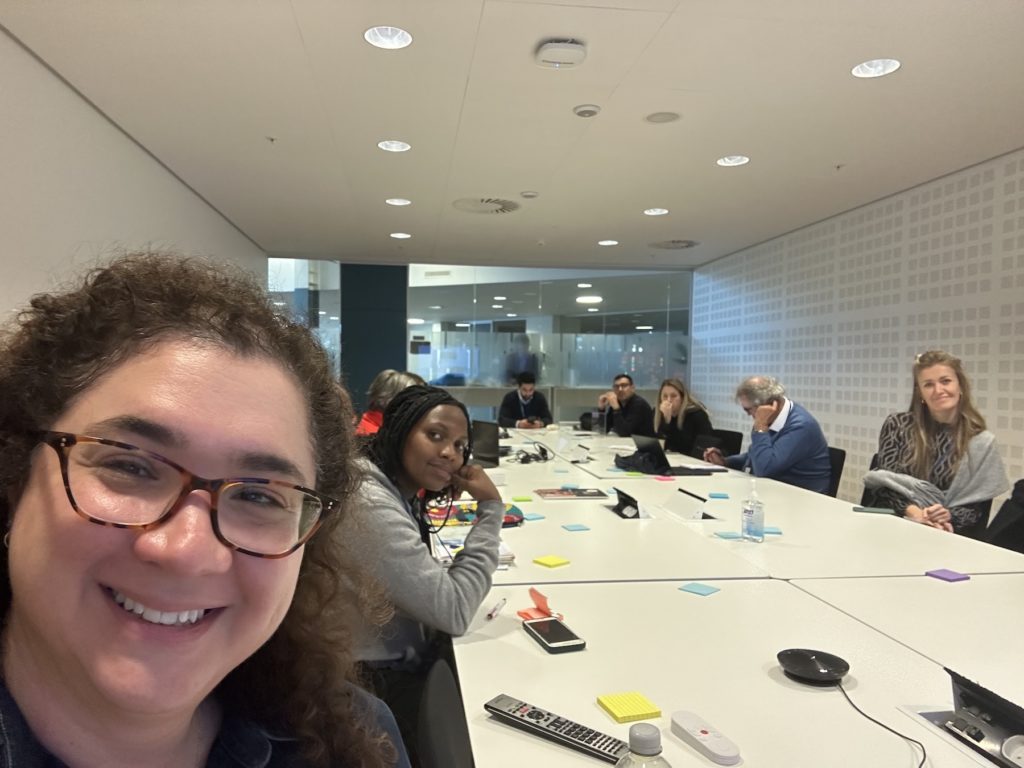
SNHU GEM Executive Director Rachael Sears moderates a CLCC conference session on mentoring refugee-led organizations.
During the CLCC conference in Copenhagen, I had the opportunity to connect with several of our operating partners. SNHU GEM’s long-standing partnerships have always been at the heart of our program’s success. We work with in-country organizations at 12 sites across Africa and the Middle East to help us meet students where they are. Through collaboration with UNHCR and fellow Consortium members – Jesuit Refugee Service, Kepler, Lebanese Association for Scientific Research, and the Scalabrini Centre of Cape Town – we can offer our students the crucial wrap-around academic and livelihood support, like academic and career coaching, internships, meals, and child care, that set students up for success.
Just like our partnerships, student-centric programming that engages students in the process is also core to our success. I was honored to moderate a CLCC session on the role of mentorship in supporting students and refugee-led organizations. ATE-Hub in Malawi, SNHU GEM’s first refugee-led partner and the first run by SNHU GEM graduates, is an incredible example of what’s possible when we engage refugees as partners in the work of education. Dikonzo Akili Peter and Emmanuel Ushindi, the founders of ATE-Hub, now lead the SNHU GEM academic program in Dzaleka Refugee Camp and provide other refugees with access to higher education, the qualifications, professional skills, and networks they need to transform their lives.
I’m so grateful to have participated in these important conversations and for the opportunity to watch SNHU GEM students and graduates continue to shine and lead this important work. Thank you to Times Higher Education, the University of Glasgow, UNHCR, and CLCC for creating these spaces for all of us to come together!
